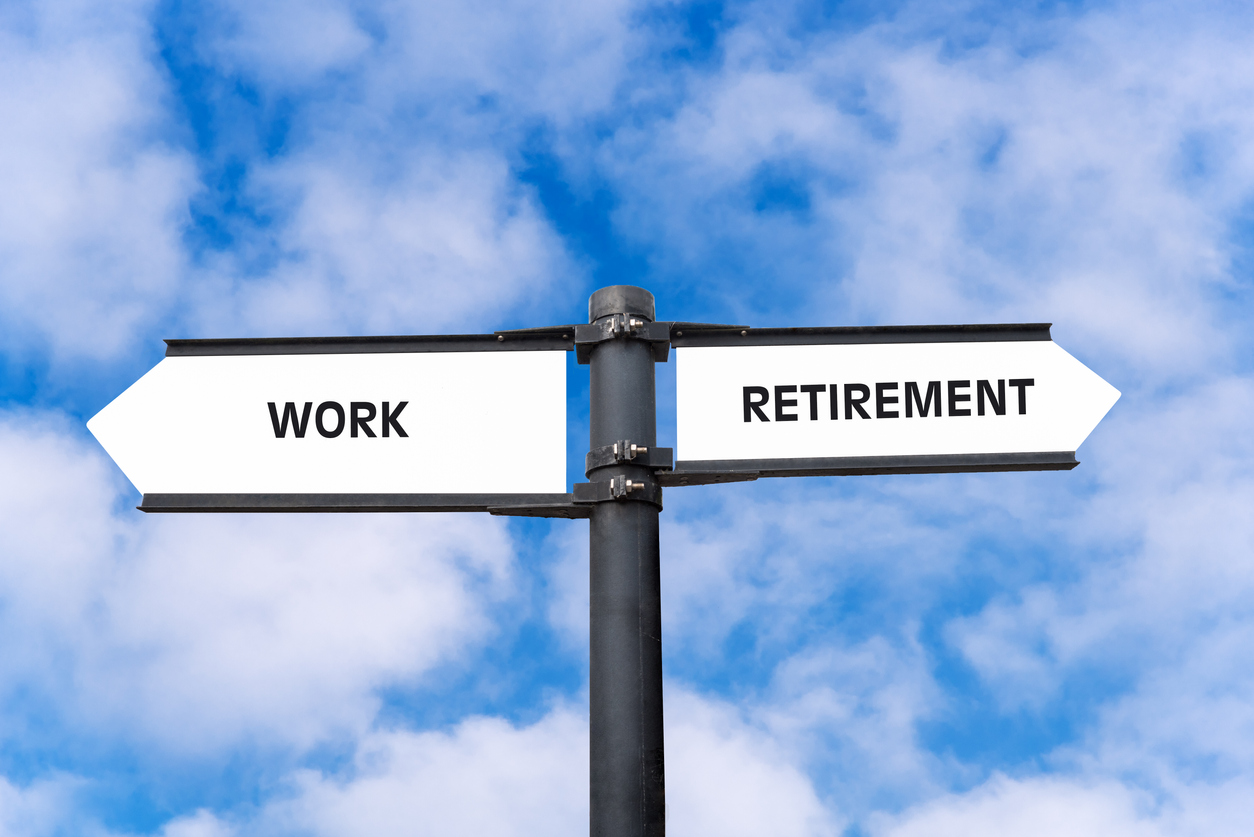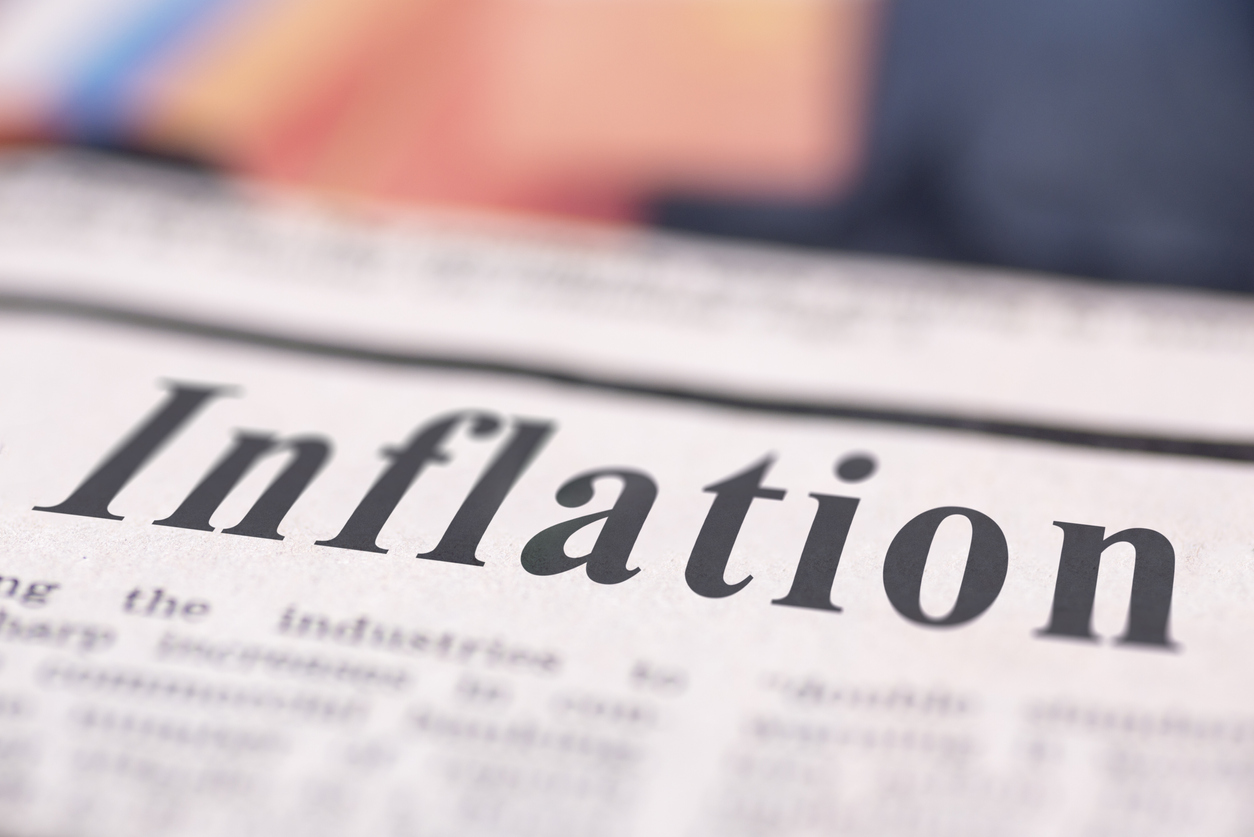
At FAS, we meet clients at various stages of life, from those who are working age and looking to plan for the future, through to clients who have already retired and need later life planning. Perhaps the biggest cohort of clients that approach us for advice are those where retirement is beginning to move into focus, and many ask a similar question – when can I afford to retire? Whilst the answer for each individual is different, we look at some of the common themes that anyone in this situation needs to consider.
The cost of early retirement
Under current legislation, the earliest you can access personal or workplace pensions is age 55 (which rises to age 57 from April 2028). For some individuals, it can be tempting to look to take pension income at the earliest opportunity. However, this is rarely a good option, irrespective of the type of pensions an individual holds.
For those that hold a Final Salary pension, the scheme will have rules as to when the pension can be accessed. Often this is set at age 65, although some schemes offer access at 60. Taking benefits early will usually lead to a reduction in benefits for each year the pension is taken early – typically this will be a reduction of around 5% per annum.
For individuals who hold Money Purchase or Defined Contribution Workplace pensions, an option may be given to either purchase an annuity or receive a scheme pension (both of which are progressively less attractive the earlier the pension is drawn, as they will, on average, need to be paid for a longer period of time) or generate a retirement income via Flexi-Access Drawdown. The same applies to personal pensions, and in the case of individuals selecting a Drawdown approach, drawing benefits early will mean that the retirement pot will need to fund retirement for a longer period of time, increasing the potential that the pot becomes exhausted.
Increasing life expectancy
Despite the coronavirus pandemic slowing the pace of increase in UK life expectancy over the last two years, the Office for National Statistics still expects longevity to increase over time. A female who is 40 now is expected to live until an average of 87.3 years, whereas a male at the same age now expected to live until an average of 84.2 years, though many will live for years beyond the expected average age. Along with increasing life expectancy, medical advances may enable people to stay healthier and active for longer, therefore pensions will need to potentially fund lifestyle choices for a greater number of years.
Relying on State Pension provision
The gradual increase in the age at which State Pension becomes payable leads many to consider whether they can afford to retire before they are entitled to their State Pension.
In 2018, the State Pension age for men and women was set at 65; however this has now jumped to 66 for anyone born between 6th December 1953 and 5th April 1960, 67 for anyone born between 6th March 1961 and 5th April 1977, and 68 for anyone born after 6th April 1978. However, according to research undertaken by Moneyfarm, the average retirement age in the UK is lower than the current statutory age of 66, at 64 for women and 65.1 for men, which suggests that despite the increasing State Pension age, many will continue to take the opportunity of retiring earlier. Of course, this assumes that individuals are able to fund their lifestyle in the intervening period before they receive their State Pension.
Currently, the basic State Pension is £179.60 per week, for an individual with 35 or more qualifying years of National Insurance contributions, which rises to £185.15 per week from 6th April 2022. State provision on its own is only going to provide a very basic standard of living in retirement, and may well prove insufficient, particularly in the early stages of retirement, when many are active and want to enjoy the additional time at their disposal to enjoy hobbies, travel and leisure activities. That is why it is crucial to begin to make your own provision for retirement to make life more comfortable.
How to begin planning ahead
A good way to approach retirement is to start planning as early as you can. Firstly, look to establish a pension and fund this consistently through your working life. When you begin to consider your future plans, and how retirement may look, engage with an independent planner who can assist in looking at the options, seeing where improvements can be made to existing pension arrangements and reviewing investment performance to maximise returns on pension savings.
Individuals can also start considering the amount of income they will need during retirement, in today’s money, to begin to assess the feasibility of early retirement. All regular outgoings and costs need to be taken into account, such as household bills, groceries, transport costs and any outstanding loan or mortgage. In addition, a margin needs to be factored in for additional expenditure, which often arises after retirement. Holidays and travel expenditure, hobbies and leisure and home improvements need to be considered, together with the costs of replacing vehicles and household items over time.
Inflation is also an important consideration and one that is rarely out of the news at the moment. We have been living through a decade or more when inflation has been close to or below expectations; however, with the cost of energy, food and petrol rising substantially, individuals would be wise to place greater emphasis on the impact of increased costs when considering their ability to successfully fund retirement.
Take the first step
Every individual’s circumstances are unique and when it comes to planning for retirement, one size doesn’t fit all. At FAS, we take the time to fully understand your expectations, needs and objectives in retirement, with the aim of providing a plan of action designed to determine your likely income in retirement and whether you can afford to retire early. Speak to one of our experienced advisers to discuss your existing pension arrangements and plans for the future.
If you are interested in discussing the above with one of our experienced financial planners, please get in touch here.
The value of investments and the income they produce can fall as well as rise. You may get back less than you invested. Past performance is not a reliable indicator of future performance. Investing in stocks and shares should be regarded as a long term investment and should fit in with your overall attitude to risk and your financial circumstances.





